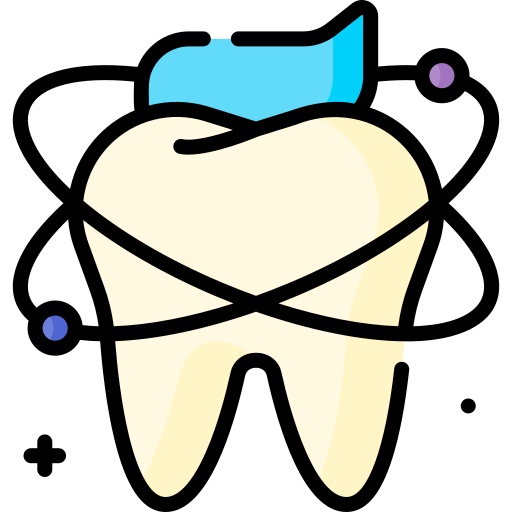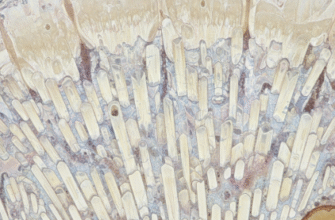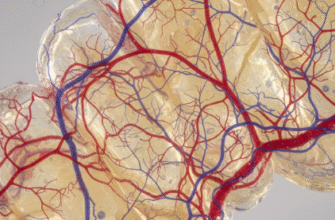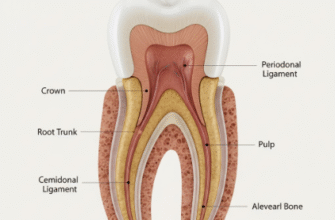You’ve probably seen it everywhere: sleek black tubes promising a dazzlingly white smile. Charcoal toothpaste has surged in popularity, riding a wave of ‘natural’ wellness trends. The pitch is undeniably alluring: a product derived from nature that gently lifts stains and detoxifies your mouth, leaving you with pearly whites without harsh chemicals. It sounds like the perfect solution, especially if you’re wary of conventional whitening methods. But when something seems too good to be true, it often is. It’s time to look past the clever marketing and into the gritty reality of charcoal toothpaste.
The appeal is understandable. Charcoal itself has a long history, known for its absorbent properties. Activated charcoal is used in medical settings to treat certain poisonings, trapping toxins. So, the leap to using it for “detoxifying” the mouth and drawing out stains doesn’t seem too far-fetched. Add to that the visual impact – the stark black paste contrasting with the desired white teeth – and you have a product that’s not only intriguing but also highly Instagrammable. But does this aesthetic appeal and vague notion of ‘natural’ translate into a safe and effective dental product?
Unpacking the “Gentle” Claim
One of the primary selling points of charcoal toothpaste is that it’s a gentle alternative to other whiteners. The idea is that its natural grittiness polishes away surface stains without being overly harsh. However, this is where the first major crack in the myth appears. The very property that makes charcoal seem effective – its texture – is also its biggest potential downfall when it comes to gentleness.
Think about what ‘gentle’ means for your teeth. It means cleaning them effectively without damaging the protective outer layer, the enamel. Tooth enamel is the hardest substance in the human body, but it’s not invincible. Once it’s worn away, it doesn’t grow back. Many charcoal toothpastes are, in fact, quite abrasive. While abrasiveness can help scrub away surface stains, if the particles are too hard or too coarse, they can also scrub away your enamel over time.
The Relative Dentin Abrasivity (RDA) scale is used to measure how abrasive toothpastes are. While not all charcoal toothpastes readily disclose their RDA values, studies and dental observations suggest that many are significantly more abrasive than regular toothpastes. Consistent use of a highly abrasive substance on your teeth is like using sandpaper on a delicate surface. Initially, it might look cleaner and brighter as the top layer of grime is removed, but with continued use, you start to wear down the surface itself.
What happens when enamel erodes? Several unfortunate things. Firstly, your teeth can become much more sensitive to hot, cold, or sweet foods and drinks. This is because the enamel layer thins, exposing the more sensitive dentin layer underneath. Secondly, and ironically for a whitening product, your teeth can actually start to look more yellow. Dentin is naturally more yellow than enamel. As the translucent enamel thins, the yellowish color of the dentin shows through more prominently. So, while you might see a temporary brightening from surface stain removal, the long-term effect of excessive abrasion could be the exact opposite of what you desire.
Examining the “Effective Whitener” Promise
So, if it’s not necessarily gentle, is it at least an effective whitener? This depends on your definition of “whitening.” Teeth can have two main types of stains: extrinsic and intrinsic.
Extrinsic stains are on the surface of your teeth. These are typically caused by things like coffee, tea, red wine, or smoking. Because charcoal is abrasive, it can help to remove some of these superficial extrinsic stains. This is where the initial “whitening” effect that some users report comes from. The gritty particles physically scrub these stains off the enamel surface.
However, intrinsic stains are deeper within the tooth structure. These can be caused by medications, trauma to the tooth, excessive fluoride exposure during tooth development, or simply genetics. Charcoal toothpaste does not and cannot change the intrinsic color of your teeth. It doesn’t contain any bleaching agents like hydrogen peroxide or carbamide peroxide, which are the active ingredients in professional whitening treatments and many over-the-counter whitening products that are proven to lighten the actual shade of the tooth.
So, while charcoal might buff away some surface discoloration, giving an illusion of whitening, it’s not providing a deep, lasting change in tooth color. Moreover, if the perceived whitening is solely due to abrasion, it’s a risky trade-off. You’re essentially sacrificing tooth structure for a temporary cosmetic effect.
Another critical aspect often overlooked is the lack of fluoride in many charcoal toothpaste formulations. Fluoride is a cornerstone of dental health, scientifically proven to strengthen enamel and help prevent tooth decay. Many “natural” toothpastes, including numerous charcoal brands, omit fluoride. By choosing a toothpaste without fluoride, you could be unknowingly increasing your risk of cavities, which ultimately undermines your overall oral health far more than slightly discolored teeth ever could.
Beyond the Hype: What’s Left?
Aside from the primary concerns about abrasion and limited whitening efficacy, there are other considerations. The dark color of charcoal toothpaste can make it difficult to see if your gums are bleeding, a potential sign of gum disease. Some reports suggest that charcoal particles can accumulate in gum pockets or get lodged around fillings, crowns, or veneers, potentially causing irritation or discoloration of dental restorations. It’s also undeniably messy, though that’s more of an inconvenience than a health risk.
Perhaps most importantly, the long-term effects of regular charcoal toothpaste use are still not well-documented through rigorous, independent scientific research. Most of the claims come from manufacturers or anecdotal evidence, which isn’t a substitute for controlled studies. Dental associations worldwide have generally not endorsed charcoal toothpaste due to the lack of robust evidence supporting its benefits and the potential for harm.
Many dental professionals express concern over charcoal toothpaste due to its potential abrasiveness, which can lead to enamel erosion and increased tooth sensitivity over time. The whitening effect is typically limited to surface stain removal and it does not change the intrinsic tooth color. Furthermore, many charcoal toothpastes lack fluoride, an essential ingredient for cavity prevention.
So, What’s the Verdict on This Black Paste?
The allure of a natural, quick fix for whiter teeth is strong, and charcoal toothpaste taps into that desire perfectly. However, the evidence suggests that it’s far from the gentle and effective miracle whitener it’s often portrayed to be. The potential for enamel damage from abrasion is a serious concern, potentially leading to sensitivity and even a more yellowed appearance in the long run – the opposite of the intended effect. Its whitening capabilities are superficial at best, and the frequent absence of fluoride is a significant drawback for overall dental health.
Before jumping on the bandwagon of the latest dental trend, it’s always wise to do a little digging beyond the marketing slogans. When it comes to whitening your teeth, there are other methods available whose safety and efficacy are better established. If you’re concerned about the color of your teeth, the best course of action is to discuss your options with a dental professional. They can assess the cause of any discoloration, recommend safe and effective treatments tailored to your specific needs, and help you achieve a healthy, bright smile without inadvertently harming your teeth.
Ultimately, making informed choices about your oral health products is key. While charcoal toothpaste might look cool and promise the world, understanding its limitations and potential risks helps you prioritize the long-term health and integrity of your smile over a fleeting trend.








